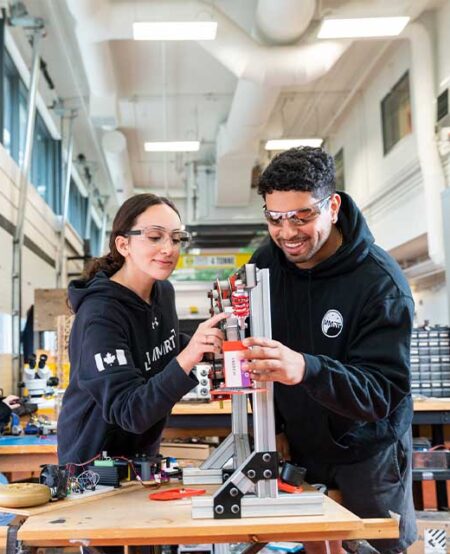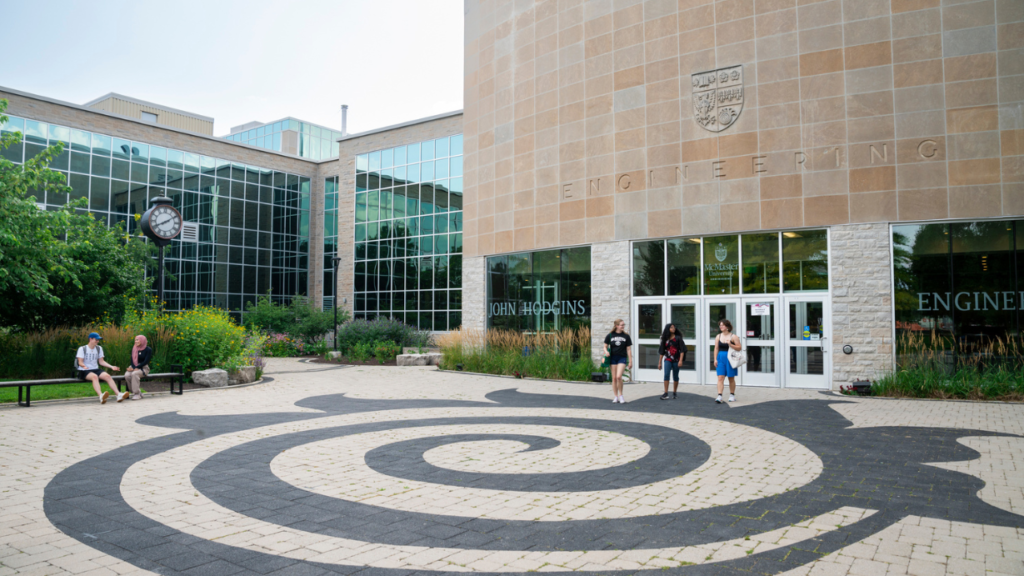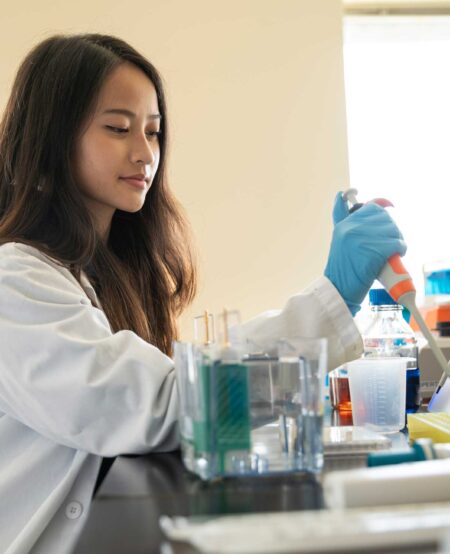- Length
- 5 years
- Degree
- Bachelor of Engineering & Society (Co-op Available)
- Program
- Engineering
- Options
Program highlights
This five-year program offers a comprehensive education in Chemical Engineering, enriched by insights into technology’s societal impacts, fostering multidimensional problem-solving skills, effective communication, and a broadened perspective through specialized electives outside the Faculty of Engineering.
Engineering and Society advantage
Core courses include:
- The Culture of Technology
- Case Studies in the History of Technology
- Preventive Engineering: Environmental Perspectives
- Social Control of Technology
In addition, three courses called Inquiry in an Engineering Context, develop skill at formulating questions, carrying out research and communicating findings. These courses help to examine the complex nature of issues like sustainable development and systems failure.
Admission requirements


Careersand research
Example career paths:
- Process and refine fuels (gasoline, natural gas, propane)
- Develop sustainable energy systems
- Manufacture silicon chips
- Produce the food we eat
- Resolve environmental problems
Research areas:
- Energy production and energy systems
- Biological interface engineering and nanotechnology
- Water and wastewater treatment
Need moreinformation?
How to apply
Understand every step, from applying, to accepting your offer and joining us on campus!
Department of Chemical Engineering
We are tackling challenges in energy, water, food, health and environment with practical solutions that will lead to new opportunities in a fast-paced world.




